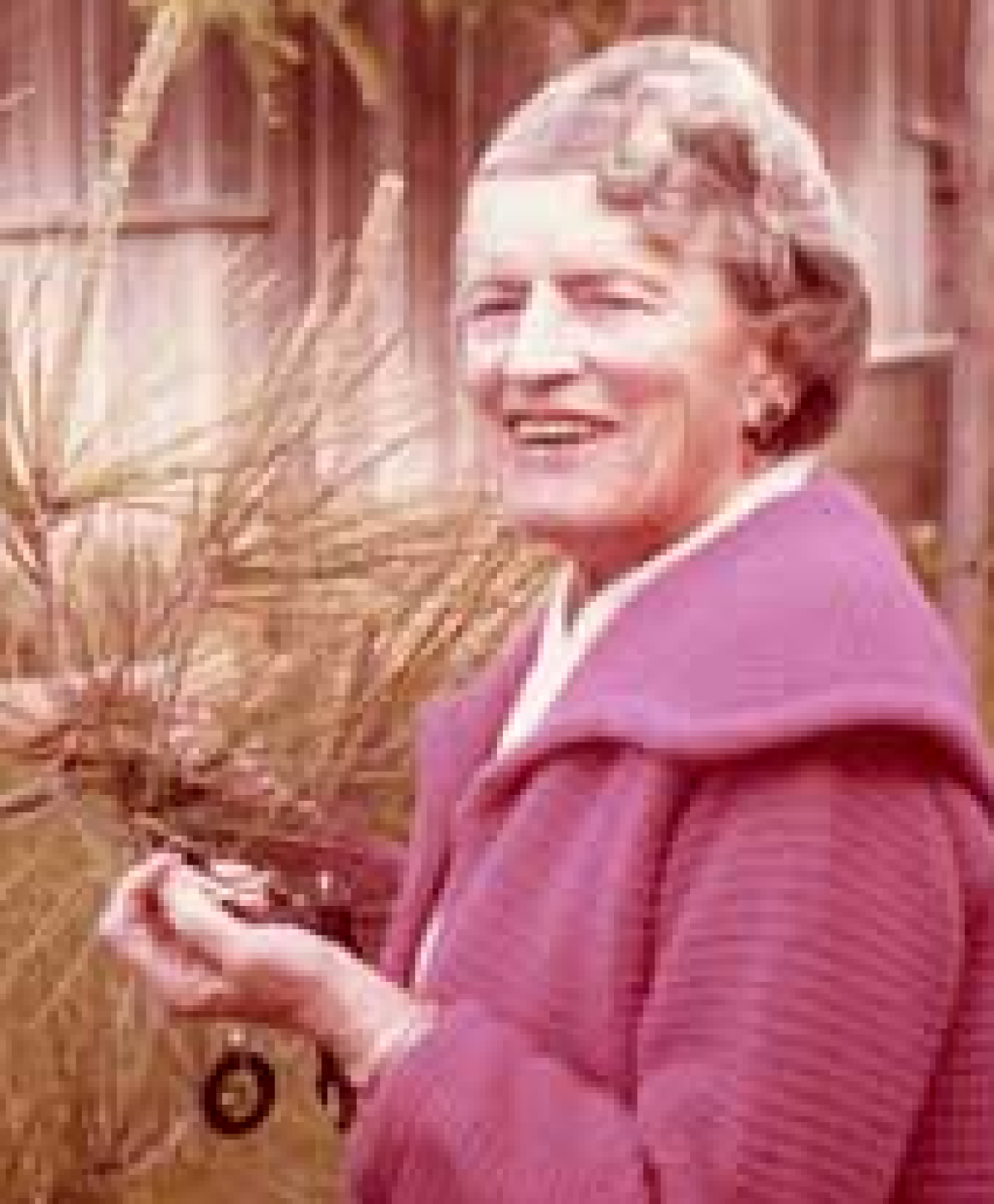Gov. Newsom posthumously pardons abortion provider convicted in 1949

- Share via
Gov. Gavin Newsom posthumously pardoned a healthcare provider Friday who was convicted of providing abortions to women in 1949, when it was still criminalized in California.
Newsom erased the conviction of Laura Miner, who spent 19 months in prison after she was found guilty of numerous counts of abortion and conspiracy to commit abortion.
“In California, we’re never going back to a time when women were forced to seek basic healthcare in backrooms and underground clinics,” Newsom said. “Laura Miner’s story is a powerful reminder of the generations of people who fought for reproductive freedom in this country, and the risks that so many Americans now face in a post-Roe world. Miner paid a price for taking a stand, and today we’re taking a step to right this injustice and reaffirm California’s commitment to defending the hard-won progress made by countless advocates and healthcare providers over the decades.”
Miner, a chiropractor in San Diego, was arrested after a four-month investigation by the San Diego district attorney found that she and her co-workers had been providing abortion services to women in an underground clinic for $100 each. Numerous women testified about receiving the services at Miner’s practice.
But even as she served her prison sentence, Miner’s confidence that she had done the right thing did not waver.
“I can still hold my head up, and I respect myself because my conscience is clear. I have helped humanity — someday it will be legal for a doctor to help a woman who will then have a right to decide for herself how many children she shall have, and when,” Miner wrote from jail.
Miner charged fees on a sliding scale, according to her granddaughter.
“Sometimes Laura was given jewelry or fur coats in lieu of payment, often worth much more than she would have charged in cash. A lady could then tell her husband that it had been lost or stolen and not have to ask for money,” her granddaughter Robin Beers wrote.
Beers described her grandmother as “eccentric, stubborn and always independent,” but noted that Miner stopped providing abortions after serving her prison sentence.
“She was still advocating for social reform with letters to legislators, petitions and peace protests,” Beers wrote.
Abortions — beyond those to save the life of a pregnant person — were not legalized in California until 1967, when then-Gov. Ronald Reagan signed into law the Therapeutic Abortion Act.
The new law allowed for abortions in cases of rape or instances in which the “continuance of the pregnancy would gravely impair the physical or mental health of the mother.”
In June, the U.S. Supreme Court in a 5-4 decision overturned Roe vs. Wade, the landmark ruling that established a constitutional right to abortion in the U.S. in 1973. Abortion remains legal in California and other states.
More to Read
Sign up for Essential California
The most important California stories and recommendations in your inbox every morning.
You may occasionally receive promotional content from the Los Angeles Times.











